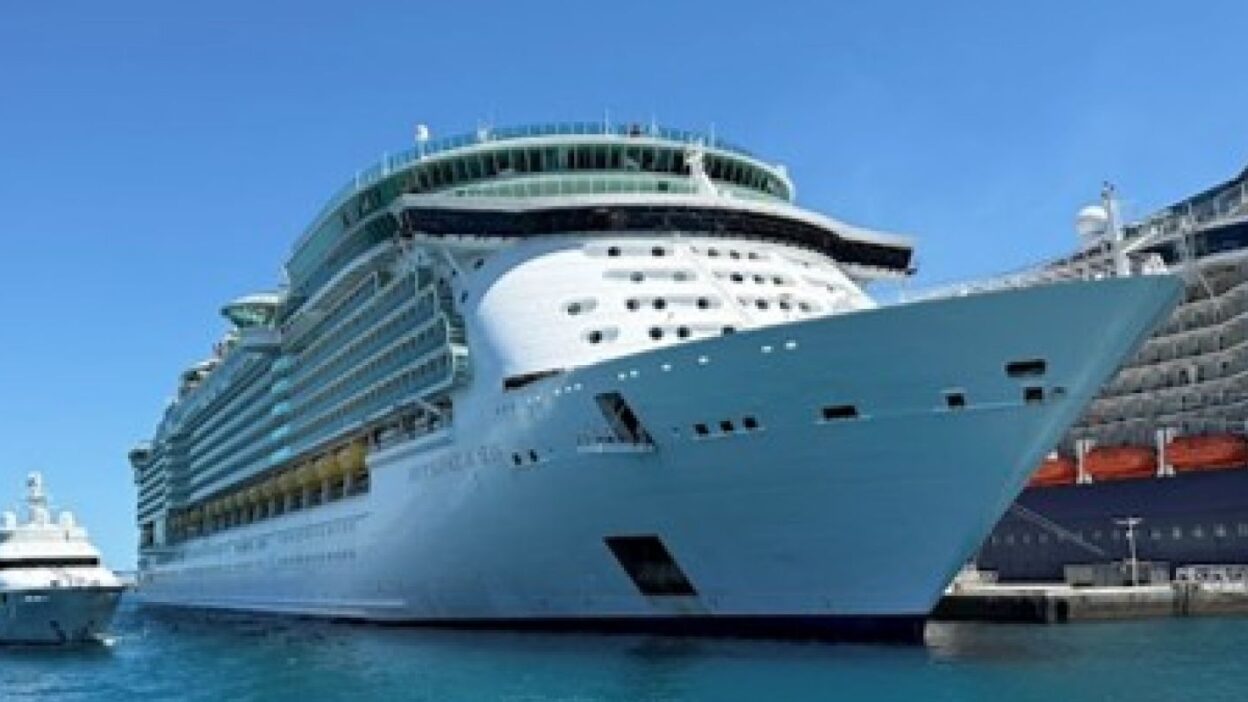During last spring break, I boarded my first-ever large cruise ship—which could hold more than 4,000 guests—with my family, heading to the Bahamas. As someone shaped by the Titanic generation, I couldn’t help but imagine the worst-case scenarios. Would the ship feel too massive? What if we hit a storm? Would I get seasick and regret everything? Turns out, those worries quickly faded into the background.
We had an unforgettable time.
From riding on large slides at the waterpark in CocoCay to swimming alongside nurse sharks on Blue Lagoon Island, the trip overflowed with laughter, awe, and a genuine sense of wonder. We played laser tag in the ship (and even ice skating, which my daughter loved), splurged on endless food, and even took part in cruise games that brought us together as a family. We often talk about wanting to go back. But for our next trip, we’re heading somewhere new—because there’s something special about exploring the unknown.
In fact, there’s something fun about it.
During my dissertation research, I randomly assigned 251 participants to write detailed narratives (200+ words each, pre-ChatGPT) about a recent experience that was either very fun or very happy. I wanted to better understand how these experiences differed in terms of who was involved, where they took place, and what made them fun or happy.
The happy group described events centered in the home and, to my surprise, the hospital (approximately 15% of the responses), revolving around births and recoveries from surgery or illnesses.
In contrast, what was the most frequently mentioned activity in the fun group? Traveling—especially to new cities or countries, away from home.
Compared to other positive experiences, travel taps into two essential psychological ingredients of fun: hedonic engagement and a sense of liberation—what I refer to as liberating engagement.
When we travel—especially to unfamiliar places—we step out of our everyday roles and routines. There are no dishes to wash, no alarms to set, no meetings to attend. This absence of obligation creates a powerful mental space where we can feel genuinely free.
At the same time, travel immerses us. Whether we’re navigating cobblestone streets in Lisbon or trying street food in Seoul, our senses are wide open and alive. The experience is not just enjoyable—it’s novel; it’s often socially connected; both of which strongly contribute to hedonic engagement. And when people feel deeply engaged in an activity while feeling free from constraints, that’s when fun flourishes.
Moreover, I’ve found that fun memories—particularly those involving travel—are often described with language that signals lasting impact, such as “a day I’ll never forget” or “the most fun I’ve had in years.”
If you’re planning out summer travel now, don’t just return to the same beach house or mountain cabin you’ve visited for years. Familiarity is comforting, but novelty is invigorating. If there’s a place you’ve always been curious about—go. If there’s an experience you’ve never tried—try it.
Because when you look back years from now, odds are your most fun and most memorable stories won’t be the ones where everything went according to plan—but the ones that took you somewhere new.



